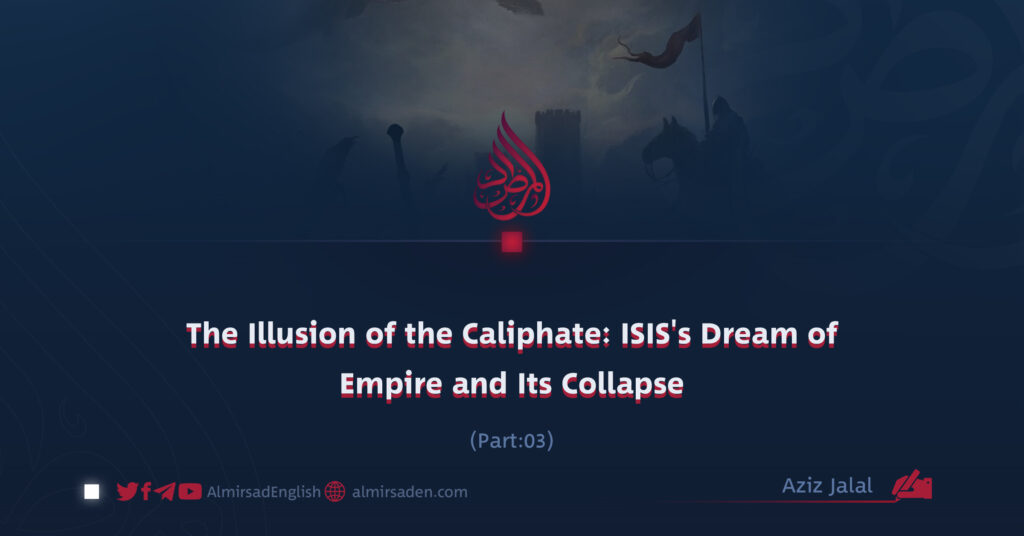Part 3
Aziz Jalal
The Global Response to ISIS: From Fear to Inaction
The sudden rise of ISIS unsettled the world in ways that were as complex as they were contradictory. Within a short span, the group seized large swathes of territory in Iraq and Syria, forcing governments and public opinion alike to reckon with a phenomenon at once horrifying and bewildering. The reactions it provoked reveal both the strengths and the failings of the international order when confronted with a threat of such magnitude.
The earliest response was fear, sharpened by the shocking images broadcast across the globe: mass executions, sexual enslavement, the demolition of irreplaceable cultural sites. These spectacles plunged entire societies into alarm. Fear operated on two levels: the tangible anxiety that ISIS might expand its territorial reach, and the deeper concern that its extremist ideology could seduce alienated youth far beyond the Middle East.
Fear quickly gave way to condemnation. Religious authorities across traditions, cultural figures of global stature, and even rival militant groups condemned ISIS with unusual unanimity. For some observers, this outpouring of disgust amounted to the rarest of things in recent history: a genuine international consensus.
Yet while horror and outrage dominated headlines, indifference was never far away. Certain governments dismissed ISIS as a passing regional disturbance and hesitated to act decisively. That miscalculation gave the group the time and space it needed to entrench itself. Many analysts later argued that swifter, more coordinated measures might have averted its territorial expansion.
The military response, when it came, was marked by both resolve and hesitation. The creation of an international coalition signaled a shared will to confront ISIS, but disagreements among great powers and the entanglements of regional politics blunted the coalition’s effectiveness. The paradox was striking: some states fought ISIS on one front while supporting actors who indirectly fueled its growth on another.
Public opinion mirrored this inconsistency. In many countries, citizens followed the news with a sense of dread, while others turned away, weary of war or numbed by the unrelenting tide of grim reports. For some, the conflict felt too distant; for others, it was simply one tragedy among many in a world saturated with crises.
Equally telling was the imbalance in global attention. ISIS’s spectacular crimes filled the headlines, yet the quieter suffering of civilians forced to live under its rule often went unnoticed. This disparity spoke not only to the media’s priorities but also to a broader pattern of selective engagement in the face of human catastrophe.
Ultimately, the response to ISIS exposed the contradictions at the heart of today’s international system. It was a blend of fear, fury, and apathy, a mixture that, in the end, proved fragmented and insufficient. If one lesson can be drawn from this episode, it is that genuine coordination and sustained effort, not fleeting emotion, are required if the world is to confront threats of this kind with any measure of success.
